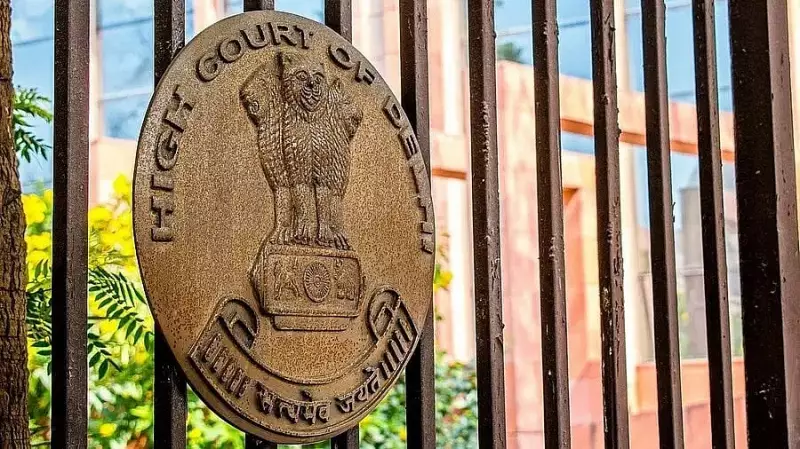
In a groundbreaking verdict that reinforces the sanctity of consent, the Delhi High Court has delivered a powerful message: friendship does not translate to automatic sexual consent. The court's stern ruling came while upholding the conviction of a man accused of raping a woman he claimed was his friend.
Court's Firm Stance on Consent Boundaries
Justice Swarana Kanta Sharma, presiding over the case, emphasized that friendship cannot be misconstrued as a license for sexual activity without explicit consent. The judgment stated unequivocally that every individual, regardless of their relationship status, maintains the fundamental right to refuse sexual advances.
The Case That Sparked the Ruling
The legal battle centered around a man who had appealed his rape conviction, arguing that his friendly relationship with the survivor implied consent. However, the High Court saw through this flawed reasoning and maintained that no relationship, including friendship, diminishes the necessity of clear consent.
Key Legal Principles Established
- Friendship does not create implied consent for sexual activity
- Every individual retains autonomy over their body regardless of relationship
- Consent must be explicit, voluntary, and ongoing
- Previous friendly behavior cannot justify non-consensual acts
Broader Implications for Indian Judiciary
This judgment marks a significant step forward in India's legal landscape regarding sexual consent. The court's clear articulation that relationships don't override individual autonomy sets an important precedent for future cases involving acquaintance rape.
The ruling particularly addresses the dangerous misconception that previous friendly interactions or relationships create perpetual consent. By firmly rejecting this notion, the Delhi High Court has strengthened the legal protection available to survivors of sexual violence.
A Message to Society
Beyond its legal implications, the judgment serves as an important societal message about respecting boundaries and understanding consent. The court's words resonate as a reminder that no relationship dynamic eliminates the need for clear, enthusiastic consent in any sexual encounter.
This landmark decision reinforces the evolving jurisprudence around sexual consent in India and underscores the judiciary's commitment to protecting individual dignity and bodily autonomy.





